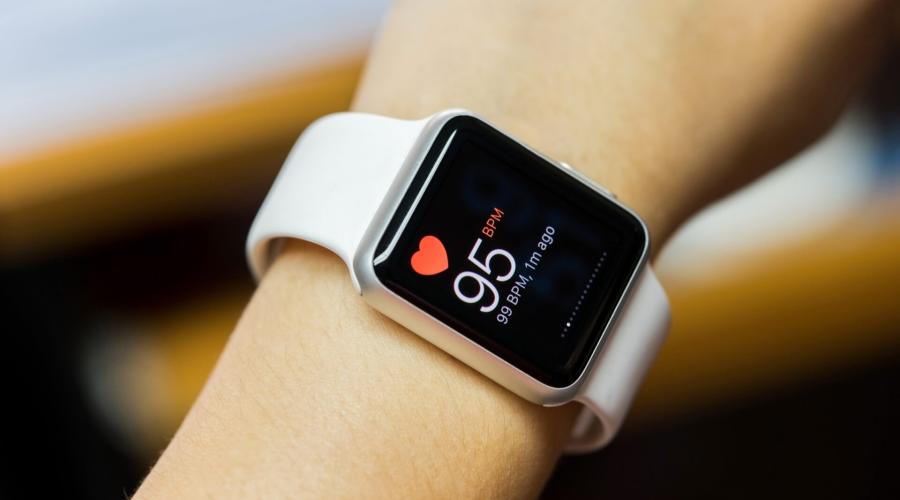
The better you know your heart numbers, the better you can support your heart health and make dietary and lifestyle changes to reduce your risk of heart disease. These key markers for heart health should be checked every six months or at least every year by your physician or healthcare provider. When checked and charted regularly, you can track not only your current heart health numbers, but also how they’ve changed over time as you age. This is important because tracking your heart health means paying attention, looking for changes, and discussing recommendations for obtaining better numbers with your healthcare provider.
Regularly checking, charting, and observing these five heart health numbers should be a regular part of your heart-healthy lifestyle. If your numbers fall into unhealthy ranges, speak to your doctor immediately about changes you can make to decrease your risk for heart problems and improve your overall health.
Read More: Guide To Health Screenings At Every Age

Blood Pressure
Regularly measuring your blood pressure can help to detect early signs of high blood pressure, or hypertension. Blood pressure monitoring measures your systolic pressure (the first number) and your diastolic pressure (the second number) by evaluating the force of your blood against your arteries. Generally, higher numbers indicate strain on your heart and arteries, which can weaken both over time. If you have been diagnosed with high blood pressure, the American Heart Association (AHA) recommends daily home monitoring using a home blood pressure monitor.
According to the AHA, the Blood Pressure ranges for adults are:
- Less than 120/80 = healthy or normal blood pressure score
- 120-129/and less than 80 = elevated blood pressure
- 130-139/or 80-89 = high blood pressure (Stage 1)
- 140 or higher/or 90 or higher = high blood pressure (Stage 2)
While these are the ranges for most adults, there are minor variations depending on which expert guidelines are used. Talk to your doctor about the optimal range for you and consult your doctor right away if home monitoring results in a high blood pressure score.
Cholesterol
While cholesterol is found in your body’s cells and blood, too much of it can cause plaque build-up in your blood vessels. This can lead to narrowed or blocked arteries, putting you at risk for a heart attack or stroke. Cholesterol includes HDL (high-density lipoprotein) or “good” cholesterol, and LDL (low-density lipoprotein) or “bad” cholesterol. The goal is to have a higher reading of “good” cholesterol in your total cholesterol reading. A simple blood test will measure total as well as “good” and “bad” cholesterol levels.
According to the Cleveland Clinic, the total cholesterol ranges for adults are
- <200 mg/dL = normal
- 200 - 239 mg/dL = at-risk
- 240 mg/dL+ = high
The LDL cholesterol or “bad” cholesterol ranges for adults are:
- <100 mg/dL = normal
- 100 - 159 mg/dL = at-risk
- 160 mg/dL+ = high
The HDL cholesterol or “good” cholesterol ranges for adults are:
- <100 mg/dL = normal
- 100 - 159 mg/dL = at-risk
- 160 mg/dL+ = high
Read More: Eat Up To Cut Down on Cholesterol
Blood Sugar
Blood sugar, or blood glucose levels measure the amount of sugar in your blood and is tested via a simple blood test. High blood sugar can indicate prediabetes or diabetes, which can damage arteries and increase risk of cardiovascular disease.
According to the Cleveland Clinic, the blood sugar ranges for adults are:
- 70-99 mg/dL = normal
- 100 - 125 mg/dL = prediabetes
- 126 mg/dL+ = diabetes
Body Mass Index (BMI)
Using your weight and height, your Body Mass Index (BMI) is a calculated number that measures your total body fat. Excessive body fat is a marker for increased risk of heart disease and other illnesses, so seeing your BMI in a healthy range should be a consistent goal. You can use this helpful tool from the National Heart, Lung, and Blood Institute within the National Institutes of Health (NIH) to easily calculate your BMI.
According to the NIH, the BMI ranges for adults are:
- <18.5 = underweight
- 18.5 - 24.9 = normal weight
- 25 - 29.9 = overweight
- 30+ = obese
Resting Heart Rate
Your resting heart rate is the number of times your heart beats per minute, easily measured by placing your finger on your pulse on your wrist and counting the number of beats in a minute. Higher readings are expected when the body is in motion or exercising, but higher readings when the body is resting may indicate increased risk for heart disease. The expected resting heart rate range for adults is between 60 to 100 beats per minute. If your resting heart rate is below 60 beats per minute (unless you are a highly trained athlete), or above 100 beats per minute, consult your physician or healthcare provider as this might indicate a problem.
Bonus Marker: Hours of Nightly Sleep
Getting adequate sleep is a major factor in maintaining a healthy heart. A well rested person tends to make healthier decisions and, in general, have more energy for healthy activities like exercise and making good dietary choices. On the other hand, someone who is not well rested will likely make poor dietary choices and be too fatigued to get active. Most adults need at least 6-8 hours of sleep a night to feel rested and motivated to move through their day.
ICYMI: Breathing Exercises for Better Sleep
Know Your Heart Health Numbers
By taking the time to regularly monitor and chart these markers for heart health, you’ll be able to notice any changes so you can jump into action. Catching any changes that can be cause for concern early can make a big difference in your overall health. Of course, be sure to speak with your doctor about any changes or questions you have about your heart health so that you can find the best plan for your heart health needs.












